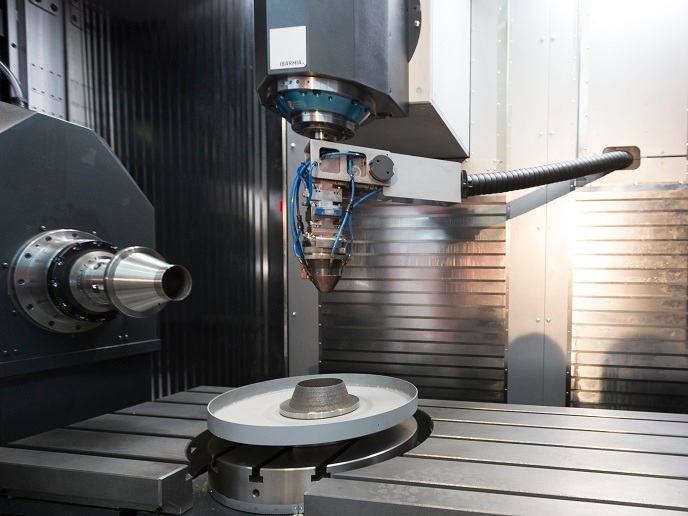Novel assessment and mitigation solutions to lessen noise from ships
The EU-funded AQUO(opens in new window) (Achieve quieter oceans by shipping noise footprint reduction) project tackled the problem of underwater noise. Overall, the aim was to develop guidelines for policymakers, shipyards and shipping owners for reducing the environmental impact of noise from ships. Project partners developed and validated an underwater noise footprint assessment tool which includes consideration of marine fauna criteria. In the future, the tool will support the real-time monitoring of the risks to marine life from ship traffic noise. Using various models and methods, the AQUO team advanced knowledge of underwater noise produced by ships at a broad range of frequencies and different types of operation. The focus on propeller noise included cavitation which is a major contributor to ship noise. Also the team gained insight into the sensitivity of different marine species to shipping noise by carrying out dedicated bioacoustic experiments. One finding shows that the Marine Strategy Framework Directive criterion for the underwater noise descriptor applicable to some species needs to be revised to include higher frequencies. Lastly, researchers derived a set of guidelines to safeguard marine life from shipping noise. Different solutions and mitigation measures were assessed regarding underwater radiated noise reduction, fuel efficiency and impact on marine life. These guidelines also contribute to the implementation of MSFD requirements. AQUO dealt with the problem of noise levels in the marine environment. This will help to reduce the negative impact on sea life overall.







